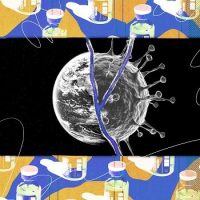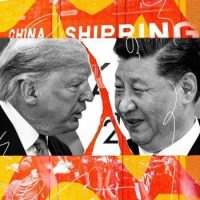
How Dangerous Is the Delta Variant?
When a wave of coronavirus infections crashed over India in the spring, scientists wondered whether a new variant, Delta, was partly to blame. Time appears to have answered the question: Having spread to at least 85 countries, the Delta variant is now fueling outbreaks around the world and prompting new lockdowns — even in countries that seemed to have the virus under control.
“The Delta variant is currently the greatest threat in the U.S. to our attempt to eliminate Covid-19”, Dr. Anthony Fauci said last week.
What makes the Delta variant so concerning, and how will it affect the course of the pandemic?… Seguir leyendo »







